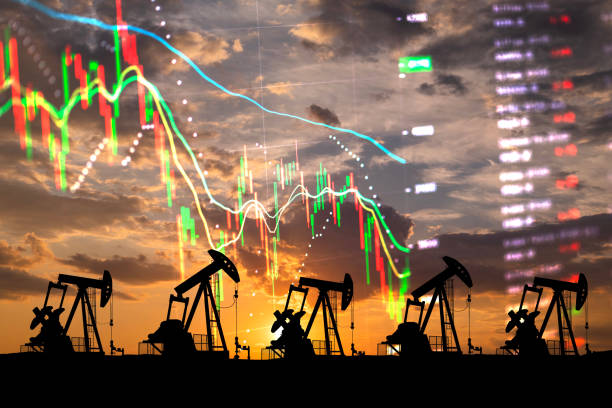Fuel is more than just a power source—it is a cornerstone of the global economy. Countries depend on fuel not only for transportation and energy, but also as a key driver of international trade. Its availability and price can significantly affect economic stability.
Fuel as a Trade Commodity
Oil and gas are some of the most traded commodities in the world. Countries rich in oil resources, such as Saudi Arabia, Russia, and the United States, benefit economically by exporting fuel to other nations. These exports bring in revenue and strengthen national economies.
Impact on Transportation and Shipping
Fuel powers ships, planes, and trucks that carry goods worldwide. When fuel prices rise, the cost of transportation increases. This can make imported products more expensive, leading to inflation and reduced consumer purchasing power.
Energy Security and National Strategy
Many nations view fuel as a matter of national security. They invest in fuel reserves and strategic partnerships to ensure a stable energy supply. Some countries are vulnerable to supply disruptions, which can harm their economies and lead to political instability.
The Oil Market and Global Influence
Organizations like OPEC (Organization of the Petroleum Exporting Countries) play a major role in determining global oil prices. These prices are affected by supply and demand, political events, and natural disasters. Fuel has become both an economic tool and a political weapon.
Conclusion
Fuel continues to play a critical role in the world economy. While efforts to diversify energy sources are underway, the global economy remains heavily dependent on fuel. Managing its production and trade wisely is key to maintaining economic stability.

